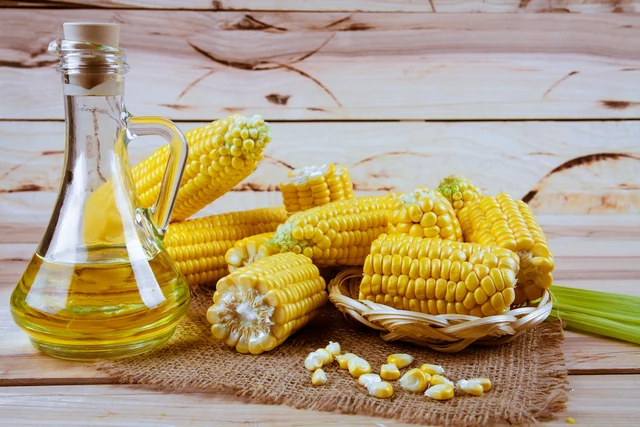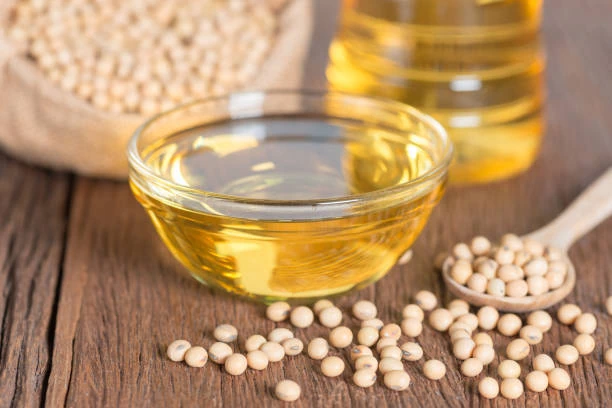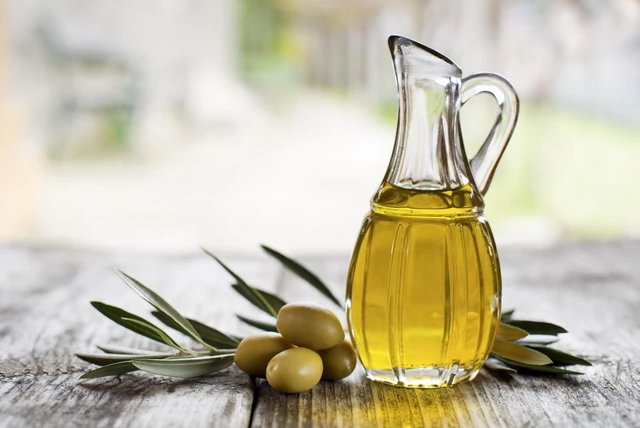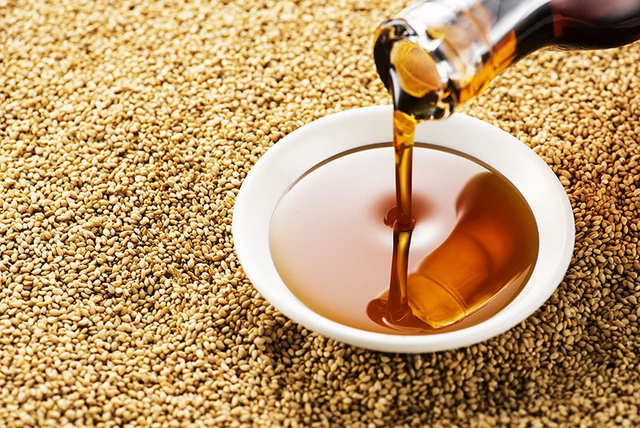We use cooking oil regularly to prepare all sorts of dishes, including meat, eggs, vegetables, sauces, even for katogo, but few people choose their cooking oil carefully.
As it turns out, there is good and bad cooking oil, healthy and unhealthy. Experts say that the goodness or badness of cooking oil depends on whether the oil is still healthy to consume after you’ve heated it during cooking.
This is because cooking oils have a range of smoke points, or temperatures at which they’re no longer stable.
Cooking oils that tolerate high heat cooking are good while the opposite is the case.
We start with the bad.
Whenever you cook, one important ingredient which is a part of every meal is the oil. It is probably the first thing you use to make dishes. But not all cooking oils are created equal, and you must be careful about what you choose. You must have noticed a lot of cooking oils as you walked the aisle at the grocery store. It is important to choose an oil which is rich in unsaturated fats. With that said, here are the cooking oils that you should avoid.
Corn Oil
The first one on the list is corn oil. While this oil offers a few benefits, its side effects weigh down its benefits. Eating too much corn oil in your diet can lead to negative effects, including toxicity, stomach irritation, and weight gain. Corn oil is often avoided by consumers looking for healthy vegetable oil, even when used in moderate amounts. However, if you’re going to use this oil, make sure it’s organic and unrefined corn oil, as it may contain the most potentially helpful chemicals.

Soybean Oil
Soybean oil is an oil produced from the seeds of the soybean plant and is used for high cholesterol. Soybean oil is said to increase the chances of obesity and diabetes, and affect neurological conditions like anxiety, depression, and Alzheimer’s. When consumed by mouth in proportions found in food, soybean oil is safe for most adults. There isn’t enough solid data to say whether soybean oil is safe in the doses found in medicine.

Sunflower Oil
While some studies suggest that high oleic sunflower oil provides some benefits for heart health, most studies have shown that it releases toxic compounds when heated to high temperatures. Some types are also heavy in omega 6, which can cause inflammation in the body if taken in large quantities. Overall, sunflower oil is probably safe to use in low-heat applications.

The good cooking oil
These are the oils that can endure high temperatures without becoming unstable or changing form.
Olive oil
The smoke point of olive oil is approximately 350°F (176°C), which is a common cooking temperature for many recipes, particularly those for baked goods.
Olive oil has long been the gold standard for cooking oils in kitchens across the globe. This is largely because it’s versatile. It has a subtle peppery or grassy flavor, and you can use it for baking, sautéing, or cold dressings. Olive oil is rich in vitamin E, which acts as an antioxidant.

Sesame oil
Sesame oil has a medium-high smoke point of approximately 410°F (210°C). It’s high in the heart-healthy antioxidants sesamol and sesaminol, which may have various benefits, including potential neuroprotective effects against certain diseases like Parkinson’s.
Plus, one small study among 46 people with type 2 diabetes found that using sesame oil for 90 days significantly improved fasting blood sugar and long-term biomarkers of blood sugar management.

Avocado oil
Avocado oil has a smoke point of approximately 520°F (271°C), making it ideal for high heat cooking like deep frying.
It has a neutral, avocado-like taste, and you can use it similarly to olive oil. It also has a nutritional composition similar to that of olive oil, with a high percentage of the heart-healthy fat oleic acid.

Some animal studies have indicated that compounds in avocado oil may help lower blood pressure, LDL (bad) cholesterol, and triglycerides, high levels of which may increase your risk of heart disease.
Avocado oil may even be beneficial for reducing painful joint inflammation, enhancing the absorption of other nutrients, and protecting cells against free radical damage.
One review concluded that it maintains its nutritional quality at low and high temperatures.
The quality and nutritional makeup of avocado oil depend on various factors, including where the avocados were grown and the extraction method used.


